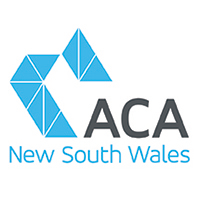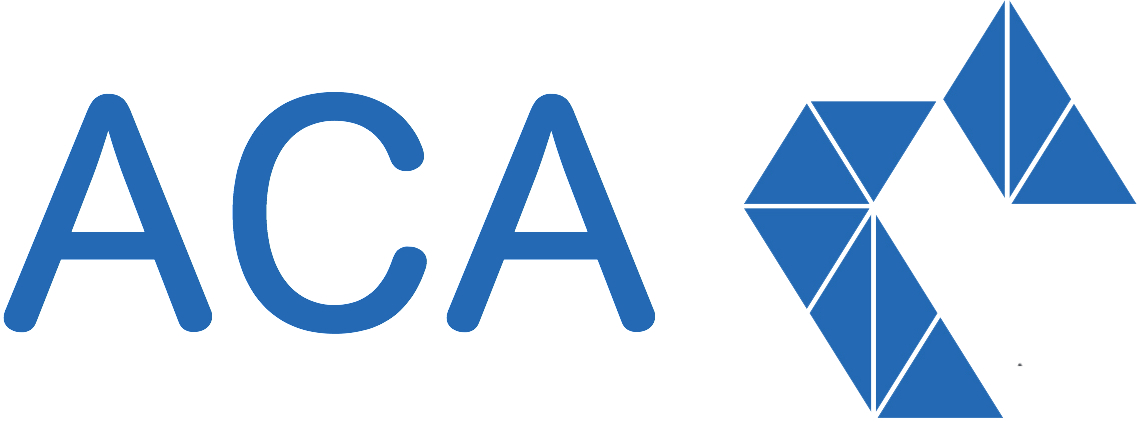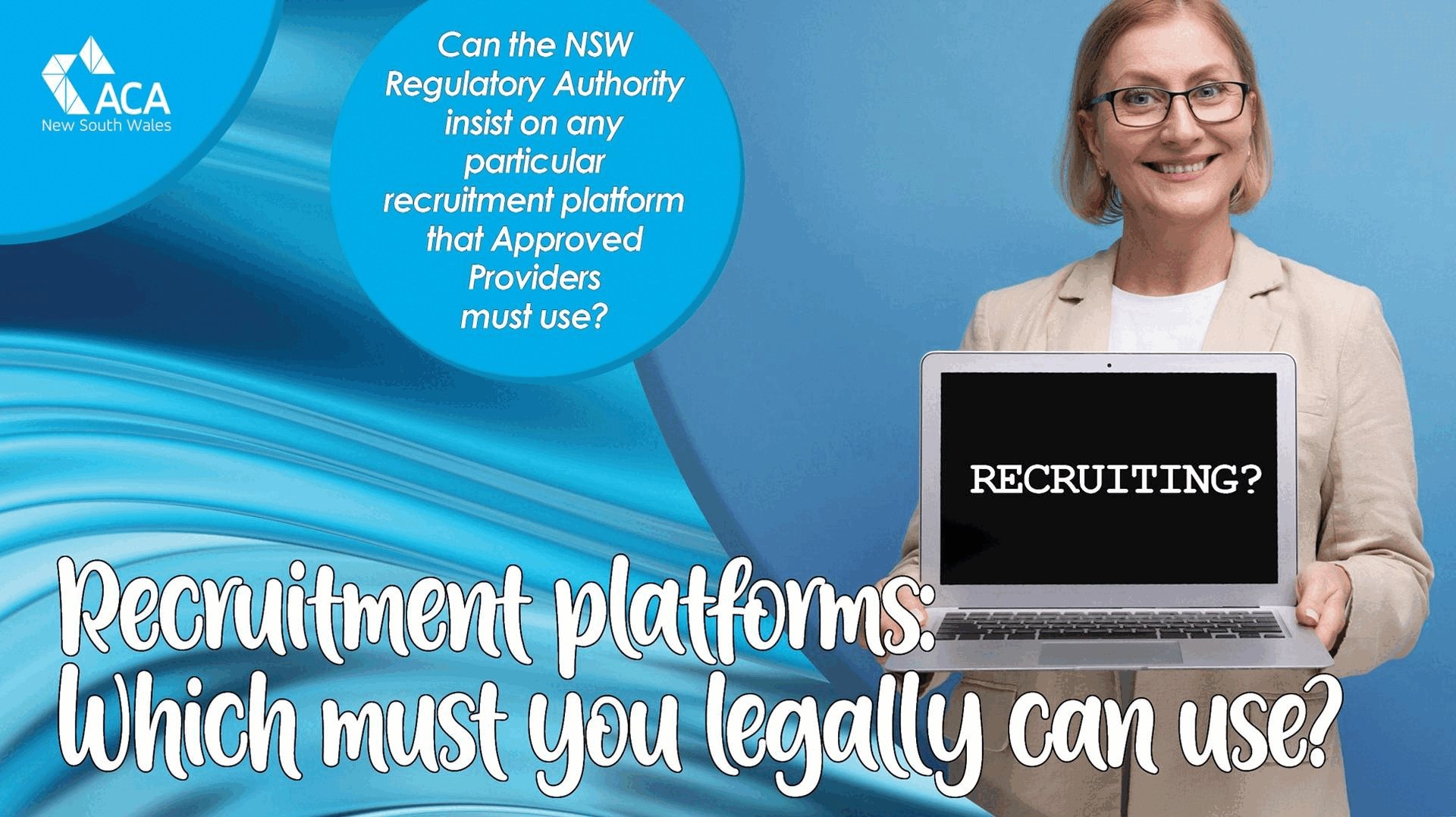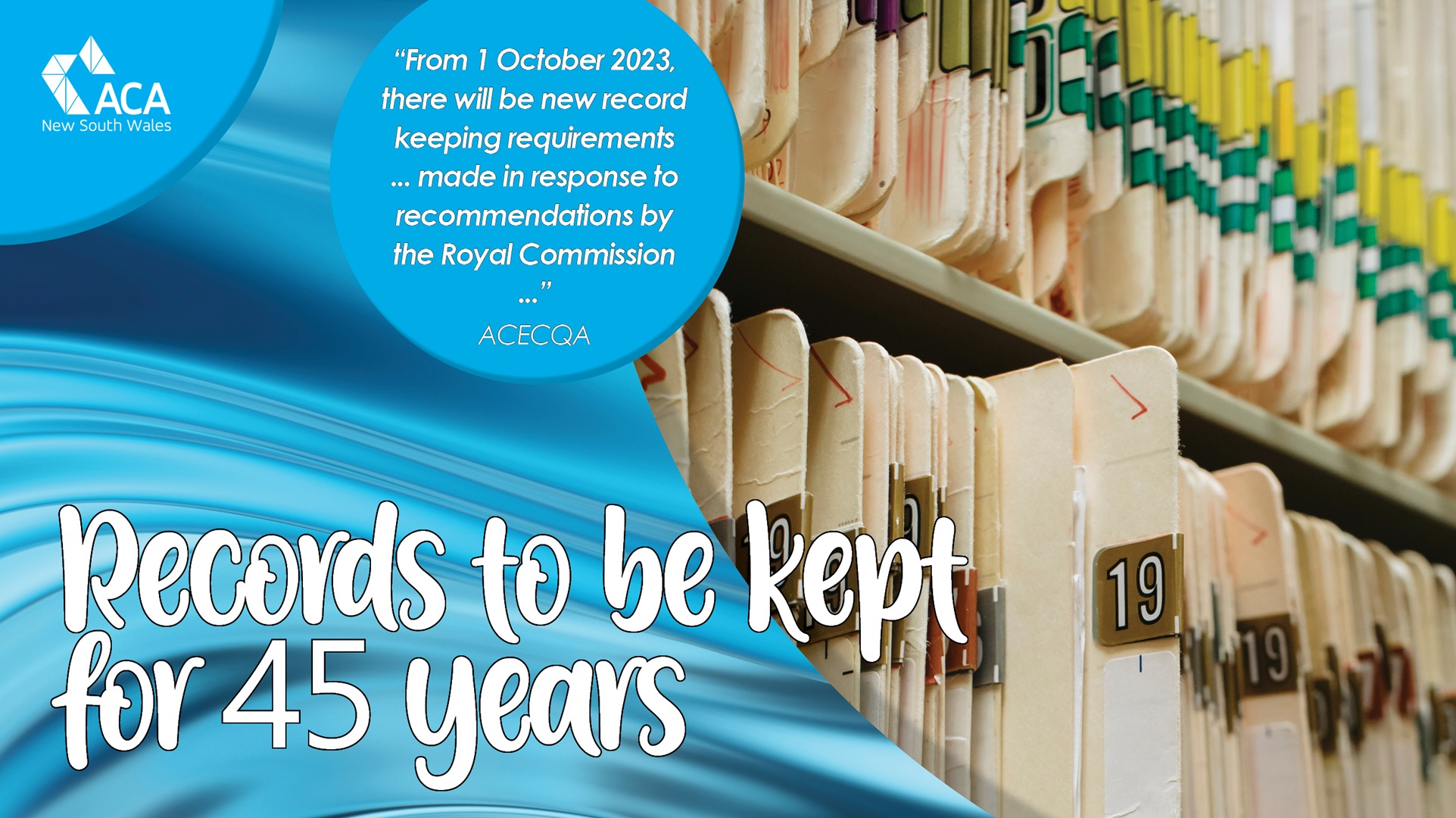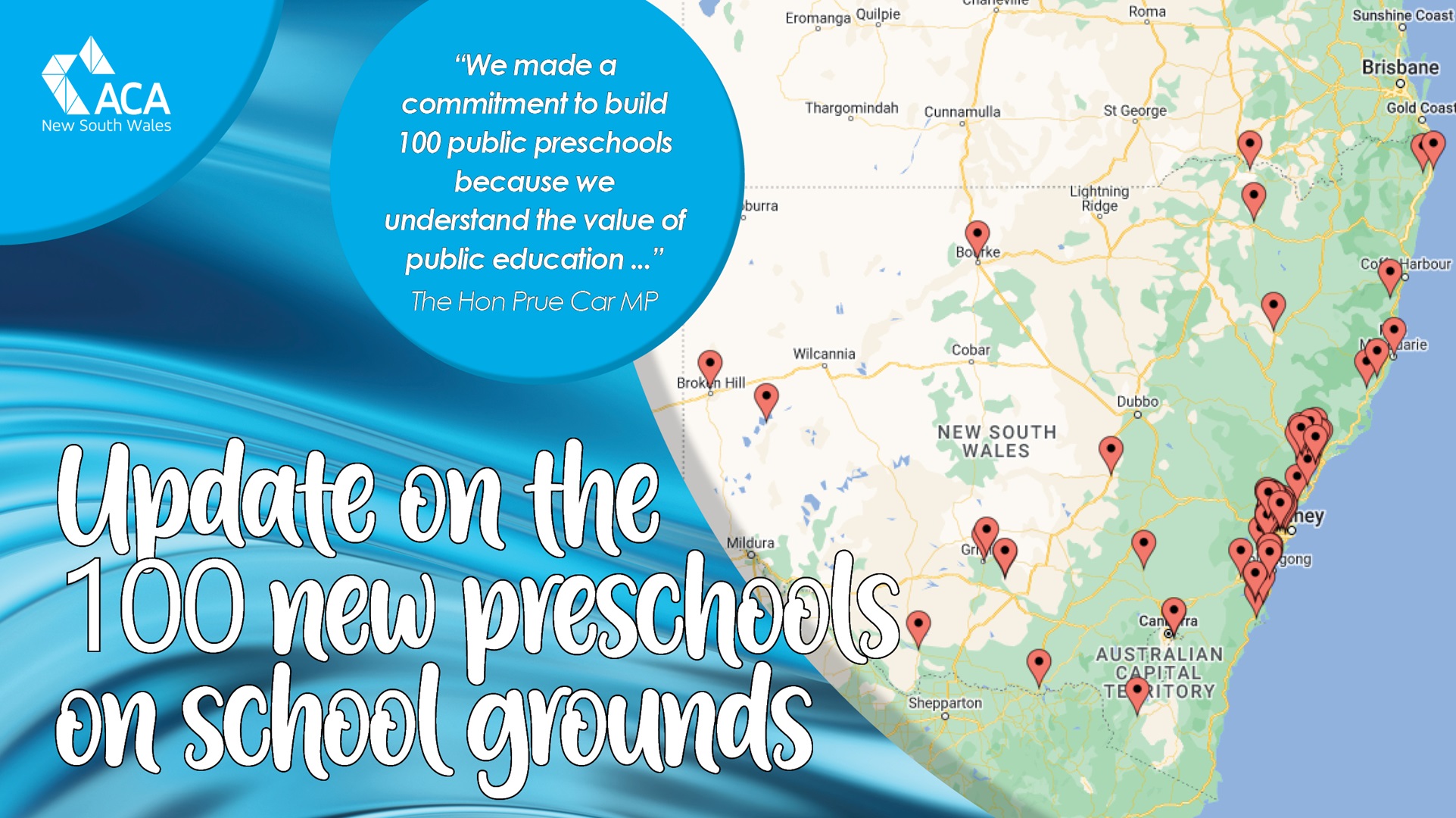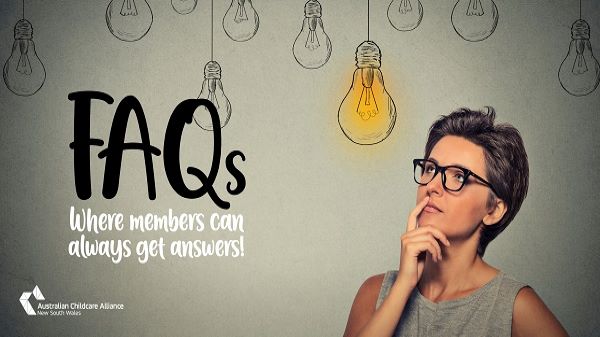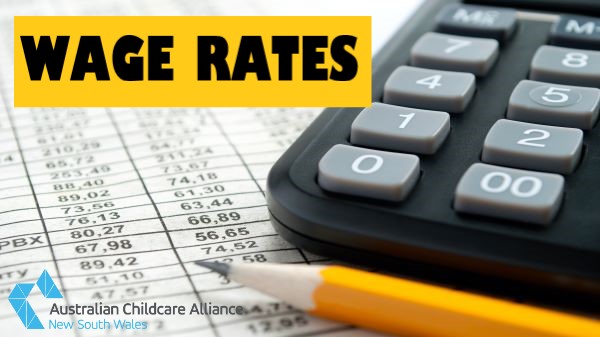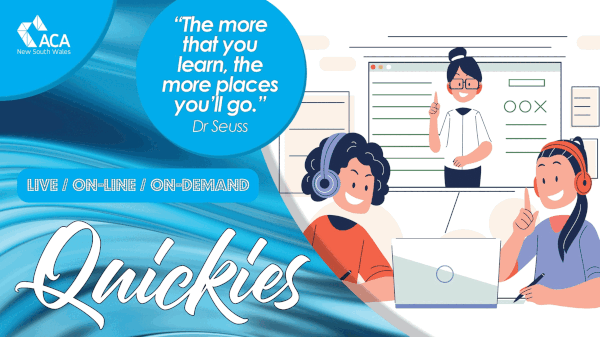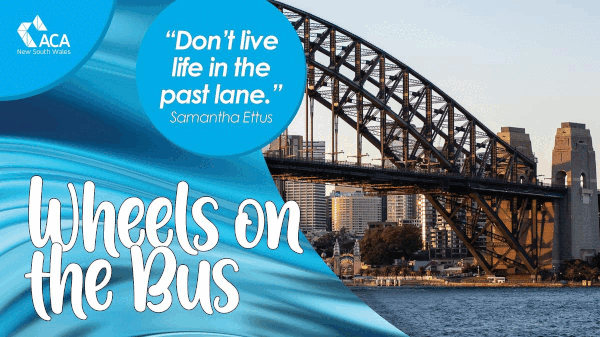After 11 weeks of lockdown and restrictions (since 26 June 2021), the NSW Government has issued amendments to their NSW Public Health (COVID-19 Additional Restrictions for Delta Outbreak) Order (No 2) 2021. The key changes are:
-
the separation of New South Wales into three categories of areas:
- [NEW] general area (as of 12.01 am on Saturday, 11 September 2021 onwards);
- stay-at-home areas; and
- areas of concern.
The general areas are those that are NOT listed as a stay-at-home area or an area of concern.
The [UPDATED] stay-at-home areas (as listed in Schedule 1 of the NSW Public Health Order) are:
- Greater Sydney (that are not an area of concern)
- Bathurst Regional Local Government Area (LGA)
- Bega Valley LGA
- Blayney LGA
- Bogan LGA
- Bourke LGA
- Brewarrina LGA
- City of Broken Hill LGA
- Cabonne LGA
- Central Coast LGA
- Central Darling LGA
- City of Cessnock LGA
- Dubbo Regional LGA
- Dungog LGA
- Eurobodalla LGA
- Forbes LGA
- Gilgandra LGA
- Goulburn Mulwaree LGA
- Kiama LGA
- Lake Macquarie LGA
- City of Lithgow LGA
- City of Maitland LGA
- Mid-Western Regional LGA
- Muswellbrook LGA
- Narrabri LGA
- Narromine LGA
- City of Newcastle LGA
- City of Orange LGA
- Parkes LGA
- Port Stephens LGA
- Queanbeyan-Palerang Regional LGA
- City of Shellharbour LGA
- City of Shoalhaven LGA
- Singleton LGA
- Snowy Monaro Regional LGA
- Upper Hunter Shire LGA
- Walgett LGA
- Wingecarribee LGA
The list of areas of concern (as listed in Schedule 1 of the NSW Public Health Order) are:
- Bayside local government area
- City of Blacktown local government area
- Burwood local government area
- City of Campbelltown local government area
- Canterbury-Bankstown local government area
- Cumberland local government area
- City of Fairfield local government area
- Georges River local government area
- City of Liverpool local government area
- City of Parramatta local government area
- Strathfield local government area
- Certain parts of the City of Penrith:
- Caddens;
- Claremont Meadows;
- Colyton;
- Erskine Park;
- Kemps Creek;
- Kingswood;
- Mount Vernon;
- North St Marys
- Orchard Hills;
- Oxley Park;
- St Clair;
- St Marys.
PRIORITISED VACCINATIONS FOR ECEC
ECEC personnel have access to the following to access prioritised COVID vaccinations:
- priority COVID-19 vaccinations for 16-59 years old
- priority COVID-19 vaccinations for early childhood in LGAs of concern
-
priority COVID-19 vaccinations for authorised workers.
FULL VACCINATIONS FOR ALL ECEC PERSONNEL BY 8 NOVEMBER 2021 ACROSS ALL OF NSW
In the context of the mandatory vaccination as outlined above, please note that the Australan Childcare Alliance (ACA) NSW was already seeking urgent clarification about the comprehensive mandatory vaccination for early childhood education and care personnel across all of New South Wales by 8 November 2021, especially in the context that the relevant NSW Public Health Order (or equivalent) has not yet been published.
THE NSW PUBLIC HEALTH ORDERS EXPLAINED
The following provides the more comprehensive information and clarification on the impacts on early childhood education and care (ECEC) services (in particular long daycare services):
FAMILIES (IE PARENTS/GUARDIANS & CHILDREN)
-
Any/all parents/guardians from across New South Wales can continue to attend, drop-off and pick-up their child/ren from their ECEC services (including during the curfew period of 9 pm and 5 am for the areas of concern) (see Clause 4.1, Clause 4.2 and Item 3 of Schedule 2 – Reasonable Excuses of the NSW Public Health Order).
OPERATIONAL
ECEC services may continue to remain open to the public (see Clause 2.2(f), Clause 3.4(2)(d), Clause 3.7(b), Clause 4.5(2)(d), Clause 4.8(b) and Item 11 of Schedule 3 – Exempted Gatherings of the NSW Public Health Order).
The maximum number of persons requirements in the context of the Public Health Order do not apply to ECEC services (see Clause 2.2(2)(f), Clause 3.8(2)(d), Clause 4.9(2)(d) and Schedule 3 of the NSW Public Health Order).
Singing in non-residential premises are NOT allowed because ECEC services are defined as educational establishments (see Clause 2.11(2)(b), Clause 3.19(2)(b) and Clause 4.20(2)(b) of the NSW Public Health Order).
[AMENDED] In the general areas, persons over the age of 12 years of age must wear a fitted face coverings while the person is in an indoor area other than a place of residence (see Clause 2.7(1)(a) of the NSW Public Health Order).
[AMENDED] In the stay-at-home areas and areas of concern, persons over the age of 12 years of age must wear a fitted face coverings while the person is in an indoor or outdoor area other than a place of residence (see Clause 3.15(2)(a) and Clause 4.16(2)(a) of the NSW Public Health Order).
- Persons may remove a fitted face covering if the person is engaging in work and enunciation or visibility of the person’s mouth is essential (see Other Exceptions Clause 2.9(1)(d)(ii), Clause 3.17(1)(d)(ii) and Clause 4.18(1)(d)(ii) of the NSW Public Health Order).
Persons may remove a fitted face covering if the person is required to remove the covering for the proper provision of goods or service (see Other Exceptions Clause 2.9(1)(f)(ii), Clause 3.17(1)(f)(ii) and Clause 4.18(1)(f)(ii) of the NSW Public Health Order).
Persons who remove the person's fitted face covering must resume wearing it as soon as practicable after the circumstance ends (see Other Exceptions Clause 2.9(2), Clause 3.17(2) and Clause 4.18(2) of the NSW Public Health Order).
[AMENDED] Only in the stay-at-home areas and areas of concern, persons over the age of 12 years of age must carry a fitted face covering unless the person is in the person's place of residence (see Clause 3.15(1) and Clause 4.16(1) of the NSW Public Health Order).
A person is not required to carry or wear a fitted face covering on the basis of health, disability, or its unsuitability with evidence in the form of a medical certificate or other written evidence from a registered health practitioner or NDIS provider or by statutory declaration (see Clause 2.8, Clause 3.16 and Clause 4.17 of the NSW Public Health Order).
For all other staff who are not working directly with children, employers must allow an employee to work at the employee's place of residence if it is reasonably practicable to do so (see Clause 2.10(1), Clause 3.18 and Clause 4.19 of the NSW Public Health Order).
EDUCATORS/TEACHERS & OTHER STAFF
-
[AMENDED] Beginning 9 September 2021, ECEC personnel as Authorised Workers and as a Relevant Care Worker who are at least 16 years of age who are from OR who are entering into OR whose work is in an area of concern, must have an appointment to receive a COVID-19 vaccine on or before 19 September 2021 or have had at least 1 dose of a COVID-19 vaccine by 19 September 2021 or has been issued with a medical contraindication certificate (ie exemption). This also does not apply if s/he has not been in the abovementioned listed areas of concern in the previous 14 days (see Clause 4.3 and Clause 4.24 of the NSW Public Health Order).
- Beginning 9 September 2021, those individuals who are Authorised Workers (ie who are engaged with an ECEC service) who are from an area of concern must have an appointment to receive a COVID-19 vaccine on or before 19 September 2021 or have had at least 1 dose of a COVID-19 vaccine by 19 September 2021 or has been issued with a medical contraindication certificate (ie exemption). This also does not apply if s/he has not been in the abovementioned listed areas of concern in the previous 14 days (see Clause 4.3 and Clause 4.24 of the NSW Public Health Order).
-
ECEC personnel who are at least 16 years old as Authorised Workers who are leaving or who are entering an area of concern must carry a permit issued by Service NSW (see Clause 4.3(2) and Clause 4.3A of the NSW Public Health Order).
- All ECEC personnel from within Greater Sydney must not enter premises for work that are more than 50 kilometres outside Greater Sydney unless s/he has been tested for COVID-19 in the previous 7 days, carries evidence of the test, the person's name and place of residence, as well as a permit issued by Service NSW available for inspection by their employer or a police officer (see Clause 5.3, Clause 5.4 and Clause 6.4 of the NSW Public Health Order).
FINES AND/OR PENALTIES
Please note that fines and penalties for breaching NSW Public Health Orders are in the order of $1,000 to $55,000 for individuals and corporations, and may also include imprisonment for up to 6 months.
OTHER CONSIDERATIONS
ACA NSW also strongly recomment that ECEC services observe:
- their current policies and procedures, including:
- health & safety (Regulation 168(2)(a));
- infectious diseases (Regulation 168(2)(c));
- provision of a child safe environment (Regulation 168(2)(h));
- delivery of children to, and collection of children from, education and care service premises (Regulation 168(2)(f));
- illness (Regulation 168(2)(b)); and
- physical distancing where appropriate.
Should you require any further information or clarification, please contact:
- Service NSW on 13 77 88; or
- NSW Health on (02) 9391 9000; or
- your Local Public Health Unit (https://www.health.nsw.gov.au/Infectious/Pages/phus.aspx); or
- your local NSW State Member of Parliament; or
- the ACA NSW team on 1300 556 330 or nsw@childcarealliance.org.au.
And for all COVID related information for the early childhood education and care sector, please visit ACA NSW's COVIDwatch.
PUBLISHED: 11 SEPTEMBER 2021
UPDATED: 13 SEPTEMBER 2021
